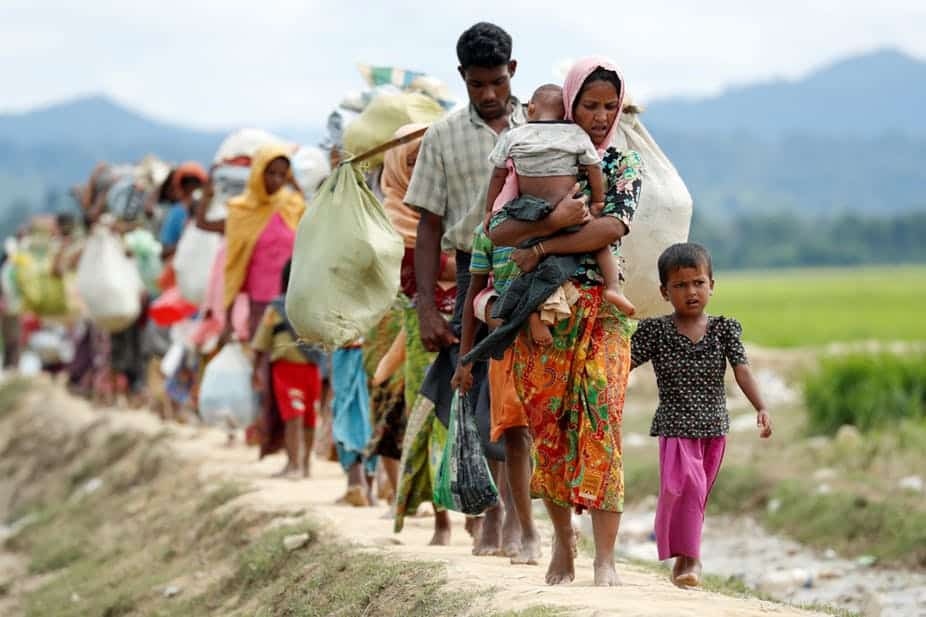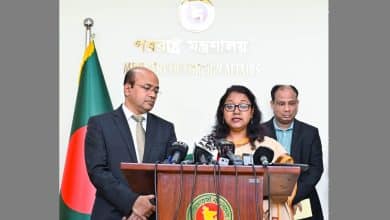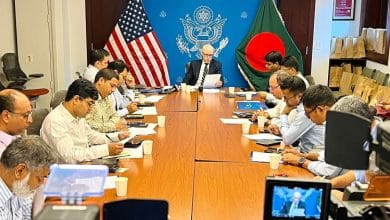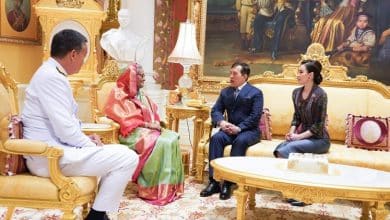Rohingya wary on anti-junta resistance

A shadow government is breaking taboos in Buddhist-majority Myanmar by welcoming Rohingya into its anti-junta coalition, but many in the long-persecuted Muslim minority are wary after living through decades of discrimination and deadly violence.
Myanmar has been in turmoil since the government of Aung San Suu Kyi was ousted in a February coup, sparking huge pro-democracy protests and a bloody military crackdown.
Dissident lawmakers from her party dominate a ‘National Unity Government’ in exile, rallying support for the resistance among foreign governments and on international news broadcasts.
Last month they invited the Rohingya to ‘join hands’ to end military rule, promising to repatriate those who fled to Bangladesh after a deadly 2017 military assault on their communities in western Rakhine state.
They also pledged to grant citizenship to the minority, which has long been stateless after decades of discriminatory policies.
The use of the word ‘Rohingya’ was new – wary of sentiment among the mostly Buddhist, ethnic Bamar-majority population, Suu Kyi’s government had referred to the community as ‘Muslims living in Rakhine.’
But suspicion lingers among those Rohingya still in Myanmar, where they are widely seen as interlopers from Bangladesh and have been denied citizenship, rights and access to services.
‘Giving a promise and then getting support from abroad – it’s like putting bait for fish,’ said Wai Mar, who has been living in a displacement camp for almost a decade.
Reached by a bumpy, potholed road from the western city of Sittwe, the wooden huts of Thet Kay Pyin camp shelter Rohingya chased or burnt out of their homes during earlier clashes with ethnic Rakhine Buddhists in 2012.





